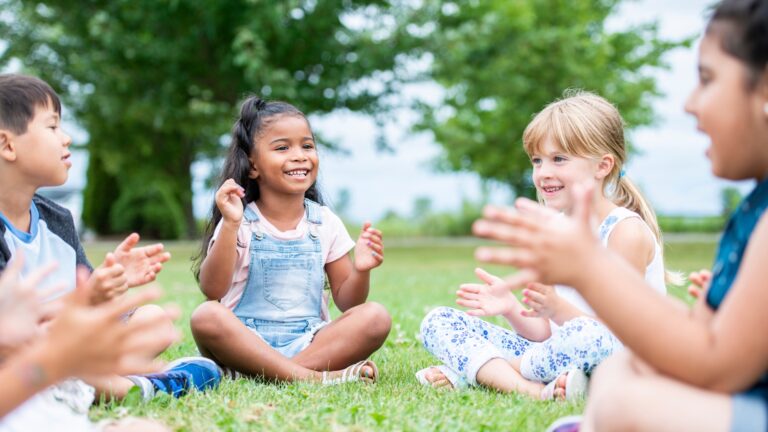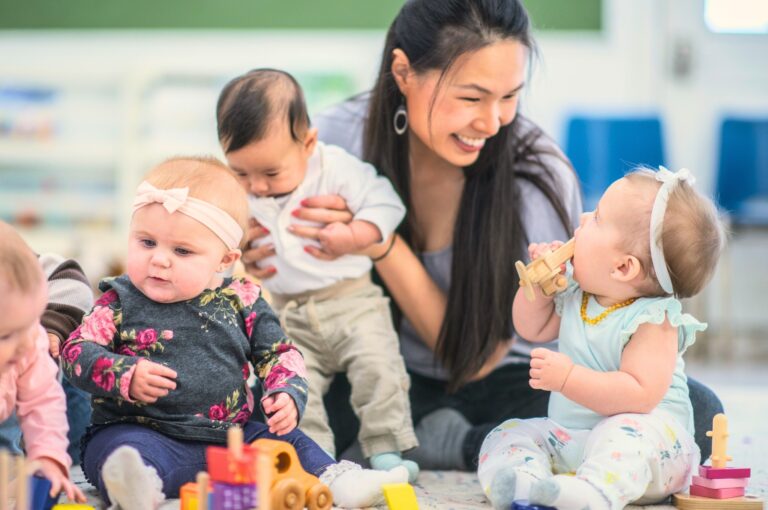How Global Exchange of Knowledge Can Improve ECE
Early childhood education plays a critical role in children’s development and lays the foundation for their future academic and personal success. Providing quality early childhood education is vital for promoting children’s physical, cognitive, social, and emotional development.
Early childhood education is diverse, with different approaches, methods, and curricula used around the world. Sharing best practices and knowledge across borders can help enrich the field and improve the quality of education for all children.
Early childhood educators can benefit from learning about successful programs, initiatives, and approaches from different parts of the world. Global exchange of knowledge can help educators gain new insights, ideas, and perspectives, and develop their professional skills.
Early childhood educators have an important role to play in promoting the global exchange of knowledge and best practices in their field. They can participate in international professional development opportunities, collaborate with colleagues from different countries, and use technology to connect with educators from around the world.
Benefits of Global Exchange of Knowledge and Best Practices in Early Childhood Education
1. Exposure to different perspectives and approaches
The global exchange of knowledge and best practices can expose you – early childhood educators, to different perspectives and approaches to teaching and learning. This exposure can broaden your understanding of how children learn and develop, and help you incorporate new and innovative ideas into your own practice.
2. Professional development opportunities
Global exchange initiatives often provide opportunities for professional development, such as conferences, workshops, seminars, and training programs. These opportunities can help early childhood educators develop new skills and deepen their knowledge of best practices in the field.
3. Improved quality of education
Learning from successful programs and initiatives from around the world can help you improve the quality of education you provide. For example, you can learn about effective teaching strategies, child-centered approaches, and curricula that promote children’s holistic development.
4. Enhanced cultural awareness and sensitivity
As global migrations continue to increase, you are increasingly likely to work with children and families from diverse cultural and linguistic backgrounds. This presents both opportunities and challenges. On the one hand, diversity can enrich the learning experience for all children and help to promote social cohesion. On the other hand, it can be difficult for you to provide responsive and inclusive education when you are not familiar with the cultural and linguistic backgrounds of the children you work with.
Global conferences provide an important opportunity for you to learn about best practices in responding to the needs of children and families from diverse cultural and linguistic backgrounds. By learning about different cultures, values, and traditions, you can develop a deeper understanding of the diverse needs and backgrounds of the children you work with.
5. Increased motivation and job satisfaction
Being part of a global community of early childhood educators can be motivating and inspiring for you. It can also lead to increased job satisfaction and a sense of fulfillment in your work, knowing that you are part of a larger movement to improve the quality of early childhood education worldwide.
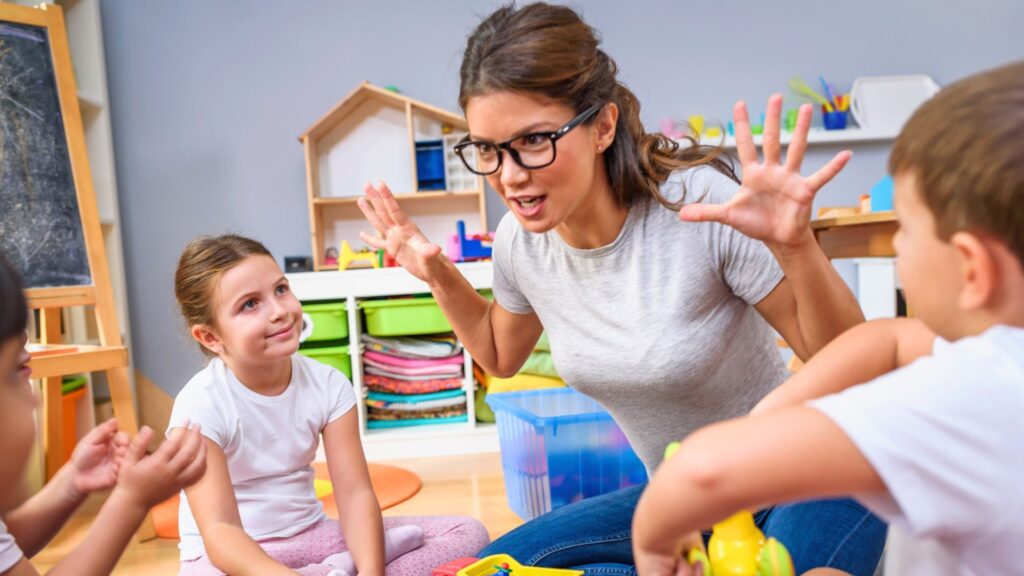
Challenges of global exchange of knowledge and best practices
1. The impact of resources and infrastructure on early childhood education
Resources and infrastructure, such as funding, facilities, and technology, play a critical role in shaping the quality of early childhood education that is available in a given context. Differences in resources and infrastructure across different regions and countries can create significant disparities in access to quality early childhood education for children and families.
2. The challenges of exchanging knowledge and best practices across different resource levels
When exchanging knowledge and best practices in early childhood education across contexts with different levels of resources and infrastructure, there are many challenges that can arise. For example, a best practice that works well in a well-resourced context may not be feasible in a context with limited resources. Similarly, the lack of technology or other resources in some contexts may make it difficult to implement some best practices that rely on these resources.
3. The opportunities for learning from diverse contexts
Despite these challenges, exchanging knowledge and best practices across different resource levels also presents opportunities for learning and growth. For example, educators in well-resourced contexts may learn from educators in low-resource contexts about how to be creative and innovative in using limited resources to achieve good outcomes. Similarly, educators in low-resource contexts may learn from educators in well-resourced contexts about how to make the most of available resources and infrastructure to provide high-quality education.
4. The importance of adapting best practices to local contexts
When exchanging knowledge and best practices across different resource levels, it’s important to recognize that best practices may need to be adapted to local contexts to be effective. This may involve modifying the best practice to fit the available resources and infrastructure in a given context, or it may involve adapting the best practice to fit the cultural and linguistic norms of a given community.
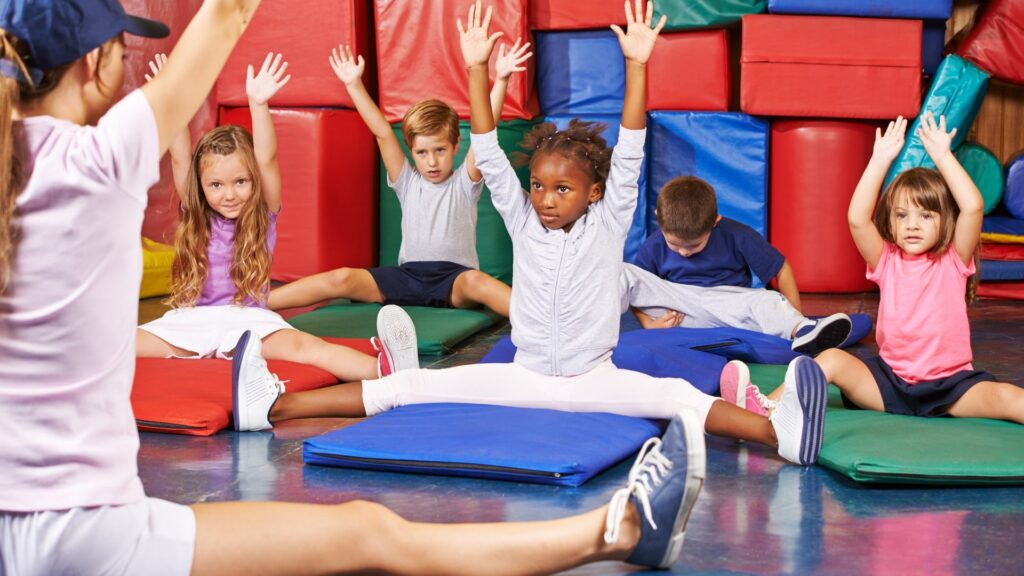
Strategies for overcoming challenges in early childhood education
Early childhood education is a constantly evolving field, and there is always new research, theories, and practices to learn about. Ongoing professional development is therefore essential for early childhood educators to stay up-to-date and continually improve their practice.
Global professional development opportunities, such as international conferences, and workshops, can provide you with a unique opportunity to learn from and collaborate with educators from different cultural and linguistic backgrounds. This can broaden your perspectives and enhance your understanding of the complexities of early childhood education.
Technology has made it easier than ever to access professional development opportunities from around the world, such as online courses, webinars, and virtual conferences. These opportunities can be a convenient and cost-effective way for you to access professional development from anywhere in the world.
Global professional development opportunities can also present challenges, such as language barriers, cultural differences, and the cost of travel and accommodations. It’s important for early childhood educators to be aware of these challenges and to seek out opportunities that are accessible and relevant to their particular context.
Finally, it’s important for early childhood educators to take what they have learned from professional development opportunities and apply it in their practice. This may involve adapting and modifying best practices to fit their particular context, and working with colleagues and policymakers to implement changes that will improve early childhood education in their community.
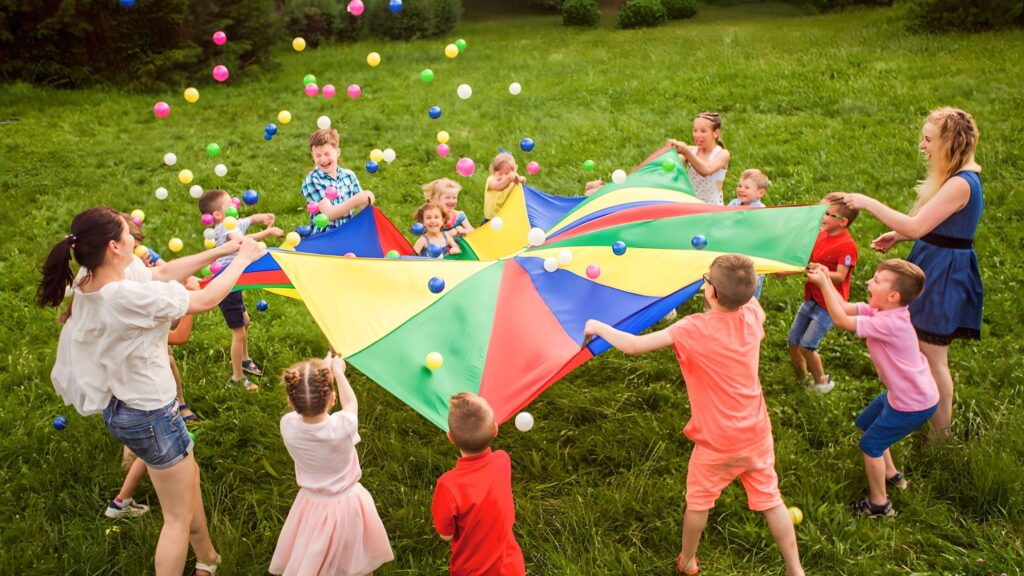
Best practices in early childhood education from around the world
Access our membership area to explore a comprehensive collection of best practices. By gaining entry to our exclusive membership area, you’ll have the privilege of exploring an extensive library of the very best practices presented at Kindergartens International Institution’s global conferences. Our library contains a wealth of knowledge from renowned early childhood education experts, providing invaluable insights and strategies that can help you elevate your teaching approach to the next level.

As early childhood educators, we have the opportunity and the responsibility to create a brighter future for our children, and global exchange initiatives can help us to achieve this goal. By working together, we can learn from each other, share our knowledge and expertise, and build a world where every child has access to high-quality early childhood education.
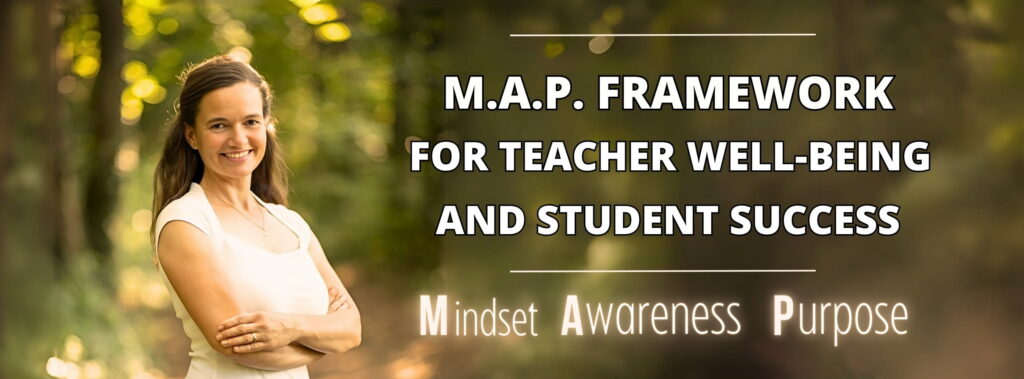

Klavdija Svet, author of Elevate to Educate
Elevate your teaching skills and stay ahead of the curve! Receive our monthly Insights, packed with professional development opportunities, classroom inspiration, and the latest trends in education. Don’t miss out on the chance to take your teaching to the next level. Subscribe now!




